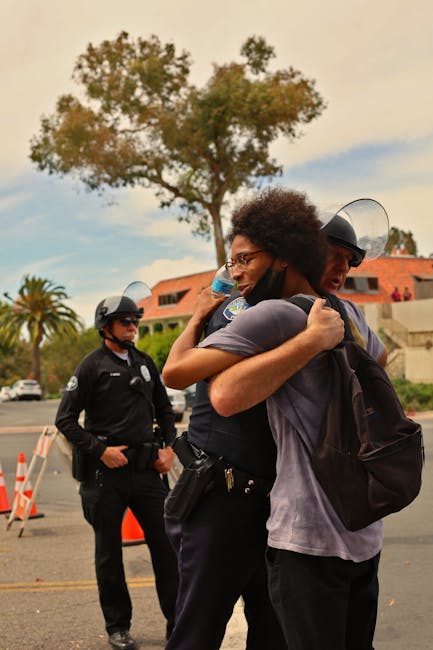Waqf Board’s Graveyard Plan Stirs Controversy in Telangana
The Telangana Waqf Board’s initiative to earmark a 5-acre plot for a graveyard has encountered significant resistance, sparking debates over land use, environmental concerns, and community harmony. The proposal, aimed at addressing the Muslim community’s burial space shortage, has become a contentious issue in the state.
Legal and Administrative Challenges
The project has faced pushback from local authorities, who question the legality of the land’s classification. The plot, located on the outskirts of Hyderabad, is part of a disputed area with competing claims from private landowners and government departments. This lack of clear documentation has stalled the Waqf Board’s plan.
Environmental activists have also raised concerns, as the proposed site is near a water body. They fear groundwater contamination and ecological damage, urging a detailed environmental impact assessment before proceeding.
Community Reactions
The plan has divided local residents. While many in the Muslim community view it as a necessary solution to burial space shortages, others argue the site is too remote and inconvenient for funeral rites. Non-Muslim residents have expressed worries about potential disruptions and communal tensions, highlighting the need for careful consideration of all stakeholders.
Political Implications
The issue has drawn attention from political leaders, with some supporting the initiative as a step toward addressing long-standing concerns, while others criticize it as politically motivated. The controversy has become a focal point in the lead-up to local elections, with candidates leveraging it to rally support.
Path Forward
The Waqf Board has expressed willingness to explore alternatives, including identifying a different plot or engaging in dialogue with stakeholders. The Board remains committed to addressing the Muslim community’s needs while adhering to legal and environmental standards.
This ongoing situation underscores the complexities of land allocation in Telangana, emphasizing the need for collaboration among the Waqf Board, local authorities, and community leaders to find a balanced solution.




